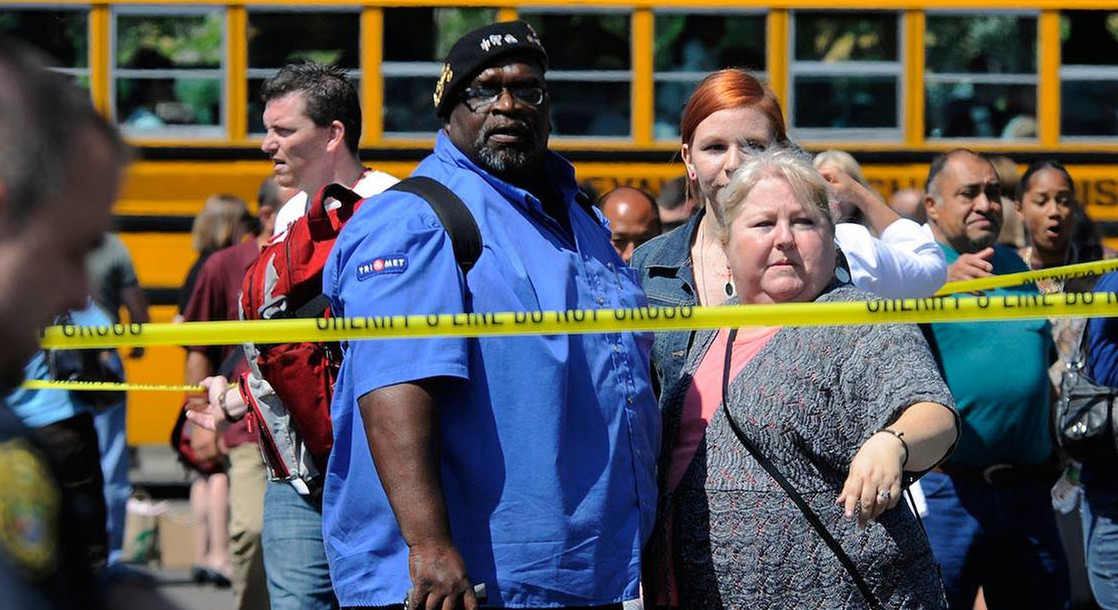Massachusetts Governor Charlie Baker, Lieutenant Governor Karyn Polito and Secretary of Public Safety and Security Daniel Bennett have announced a new public safety legislative package that would strengthen penalties for dangerous drug dealers and extend protection for witnesses of crimes. The bill would link state drug classifications to federal drug scheduling, so that state law enforcement can respond quickly to new illegal drugs. The bill would also define the distribution of illegal drugs resulting in death as manslaughter, punishable by at least five years in prison.
“As society keeps seeing evolving public safety threats, like dangerous drugs fueling the opioid epidemic and gang violence in our communities, it is critical that our laws give law enforcement the appropriate tools and enforcement measures to keep everyone safe,” Baker said. “The Commonwealth is focused on curbing the deadly opioid and heroin epidemic, and these reforms will give prosecutors and public safety officers the ability to better respond to new drugs coming into our communities, and to hold accountable drug dealers who put profits over the lives of other people.”
“The federal government has historically responded swiftly to recognize and prohibit the importation and sale of lethal new and synthetic drugs through emergency scheduling powers, whereas state law must be amended to adopt prohibition,” the press release for the legislation explains. “This scenario allows dangerous new synthetic drugs like Carfentanil and 25I-NBOMe (“N-Bomb”) to go unclassified, and frustrates the ability of state and local law enforcement to arrest dealers or obtain search warrants to seize these drugs.”
The new proposal would resolve this situation by linking “state drug classifications, with the exception of marijuana, to the federal scheduling process, as New Hampshire has done, while retaining Massachusetts’ authority to make the final decision on the treatment of new drugs.”
The bill would also close a loophole in a previous law that withdrew protections for witnesses after they testified in court. The provision would clarify and fix this issue, and would ensure that threats of harm to the family of a witness would be treated as seriously as threats to the witness themselves. The bill would also make the solicitation of a murder for hire a felony, as the crime is currently only a misdemeanor in the state.











